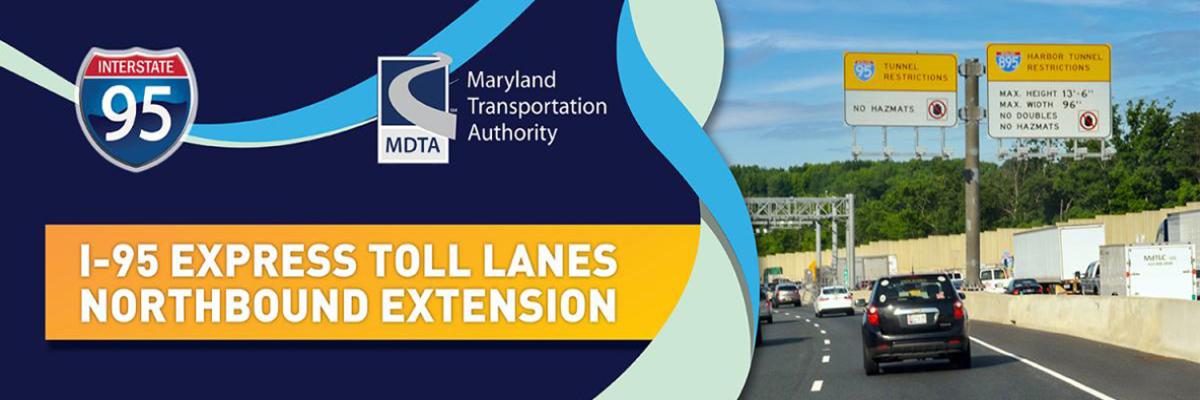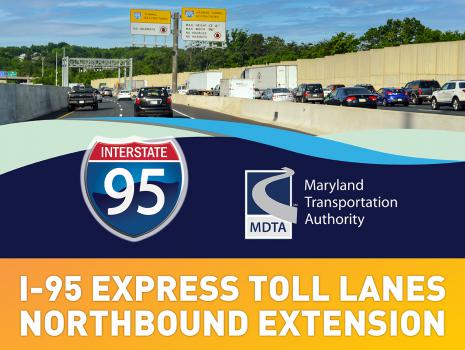Sustainability
These facilities addressed both the existing and new roadway surfaces. Nearly 275 sites are being created that addresses stormwater Stormwater Management:
When I-95 was constructed, stormwater management was not required. The quality and quantity of stormwater runoff associated with the I-95 NB ETL Program is being treated through Environmental Site Design (ESD) principles to the maximum extent practicable in accordance with Maryland’s Stormwater Management Act of 2007. The Act defines ESD as “…using small-scale stormwater management practices, nonstructural techniques, and better site planning to mimic natural hydrologic runoff characteristics and minimize the impact of land development on water resources.” To achieve this, MDTA’s designers incorporated micro-scale treatment practices throughout the corridor to treat runoff as close to the source as possible rather than having several large treatment facilities. Examples of ESD practices utilized within the I-95 ETL corridor include grass swales, bioswales, micro-bioretention facilities, submerged gravel wetlands and non-rooftop disconnection. management for nearly 150 acres of roadway pavement.
Two new Park and Ride facilities with transit connections are being constructed in conjunction with the I-95 ETL NB Program. These facilities encourage carpooling as well as enable private vehicle users to transfer to public transit to complete their commutes. The new park and rides will include bicycle facilities. Primary benefits of Park and Ride facilities include reduced congestion and fuel consumption, which both have a positive impact on air quality.
Twelve (12) new noise walls are being constructed as part of the I-95 NB ETL Program. These noise walls were designed and sited considering the ultimate build-out configuration of the corridor to protect adjacent sensitive land uses from noise impacts associated with the increased capacity. The noise walls along both northbound and southbound that meet the State of Maryland noise wall criteria.
While MDTA’s goal is to minimize impacts to sensitive natural resources to the extent practicable, there are instances in which some impacts are unavoidable. In these cases, MDTA provides high quality mitigation in accordance with local, state and federal regulations. Whenever performing mitigation, MDTA looks to maximize the ecological uplift from implementation of the project so that ultimately the resources being created are as good or better than those that were impacted. MDTA first looks for opportunities within the project footprint to fulfill mitigation requirements and then expands to other MDTA-owned properties or right-of-way that are not planned to be impacted by future development activities. Performing mitigation “off-site” is often necessary due to constraints but is only considered as a last resort after “on-site” options have been exhausted.
During improvements to the I-95 NB ETL corridor, MDTA replaced incandescent fixtures with light emitting diode (LED) fixtures, which are more energy efficient and sustainable. In addition, MDTA implemented lighting guidelines created in 2018 that limits lighting on highways to areas that warrant it such as decision points, areas of poor vertical and horizontal alignment, and major access points, which effectively reduces light pollution along the I-95 NB ETL corridor.



